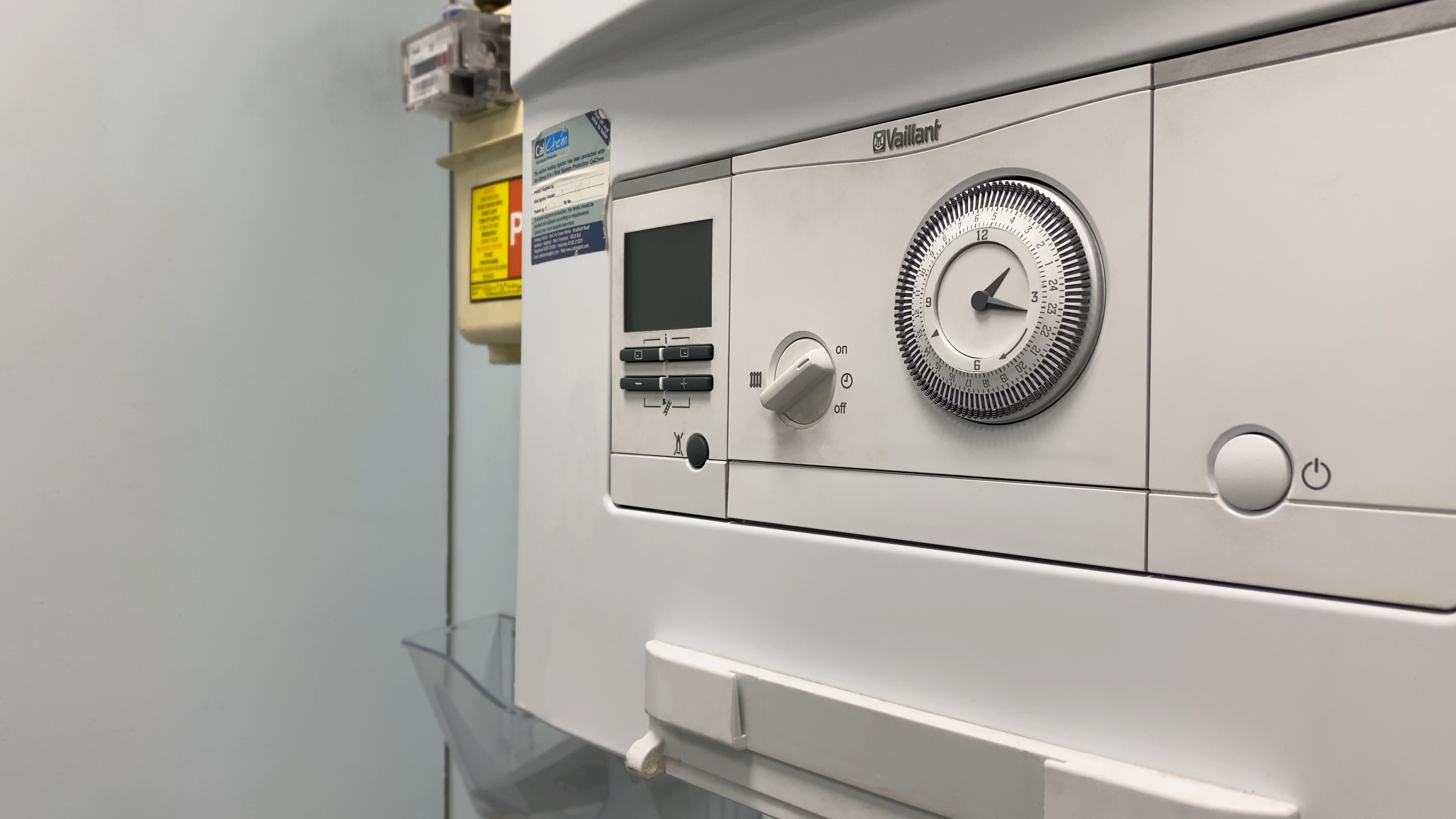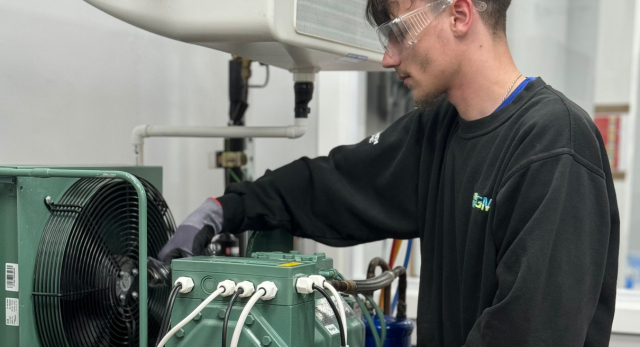Mark Krull, Director for LCL Awards and Logic4training, praises the Heat Pump Associations (HPA) recent report, ‘Unlocking widescale heat pump deployment in the UK,’ for its recognition of the importance of low temperature design for all heating systems.
28.ll.23: “The HPA’s report, Unlocking widescale heat pump deployment in the UK, provides a holistic view of the current state of the heat pump sector and what needs to be done to drive it forward. We are well behind in our deployment of heat pumps and this is largely because of historic attitudes and a general feeling of mistrust caused by a number of factors – misinformation, resistance to change, a lack of education and unclear Governmental policy.
“What I found particularly interesting was the fact the report put boilers in the spotlight too. There is much talk around ‘low temperature heating’ in relation to heat pumps, as if it is a new idea. The reality is that almost all combi boiler installs could and should be low temperature, but up until now there has been no real impetus to do this. Gas was cheap and boilers have never been scrutinised in the way that heat pumps now are.
“The HPA has proposed the introduction of a low temperature training pre-requisite as part of the five-yearly ACS renewal, something I am whole-heartedly in favour of. We should be focussing on improving the efficiency of all heating systems, in order to cut fuel bills for cash-strapped consumers and reduce the carbon emissions of our buildings. And, as the report quite rightly points out, gas and oil heating systems that have been set-up with low temperatures in mind are ready to make the switch to a heat pump when needed, resulting in less additional costs to the consumer.
“There is presently no requirement when boilers are changed for any additional assessment of the consumers heating system in relation to efficiency. As the report states: ‘This means when a consumer eventually comes to install a heat pump, they will be incurring greater costs because those system upgrades cannot be masked by inefficient heat pump operation in the same way a boiler will mask them by operating in non-condensing mode.’
“Apart from ensuring heating engineers understand how to achieve low temperature heating systems, whatever the heat source, there is still a long way to go in upskilling enough of the existing installer-base into heat pumps, while encouraging new entrants to the sector. We simply do not have enough trained bodies to meet the demand.
“To bring in new entrants, the HPA says that we need a 78% increase in the take-up of heating apprenticeships, something Logic4training will be helping with next year following the launch of our own plumbing & heating apprenticeships. Focussing on gas, these will provide the perfect stepping-stone into heat pumps. The two technologies have many more years of rubbing alongside each other until fossil fuels become obsolete.
“Part of this increase in building services engineers must come from as yet, largely untapped pools. Women, for example, making up just 0.5% of heating engineers. We need to encourage people from all walks of life to enter the sector at every stage.
“The issue of installer numbers and engagement is one of the biggest challenges identified in the report, caused by a lack of commitment to clear policy frameworks and timelines. Despite these misgivings, I urge plumbing and heating engineers to seize the opportunity – heat pumps are not going anywhere, they’re just getting started.”









